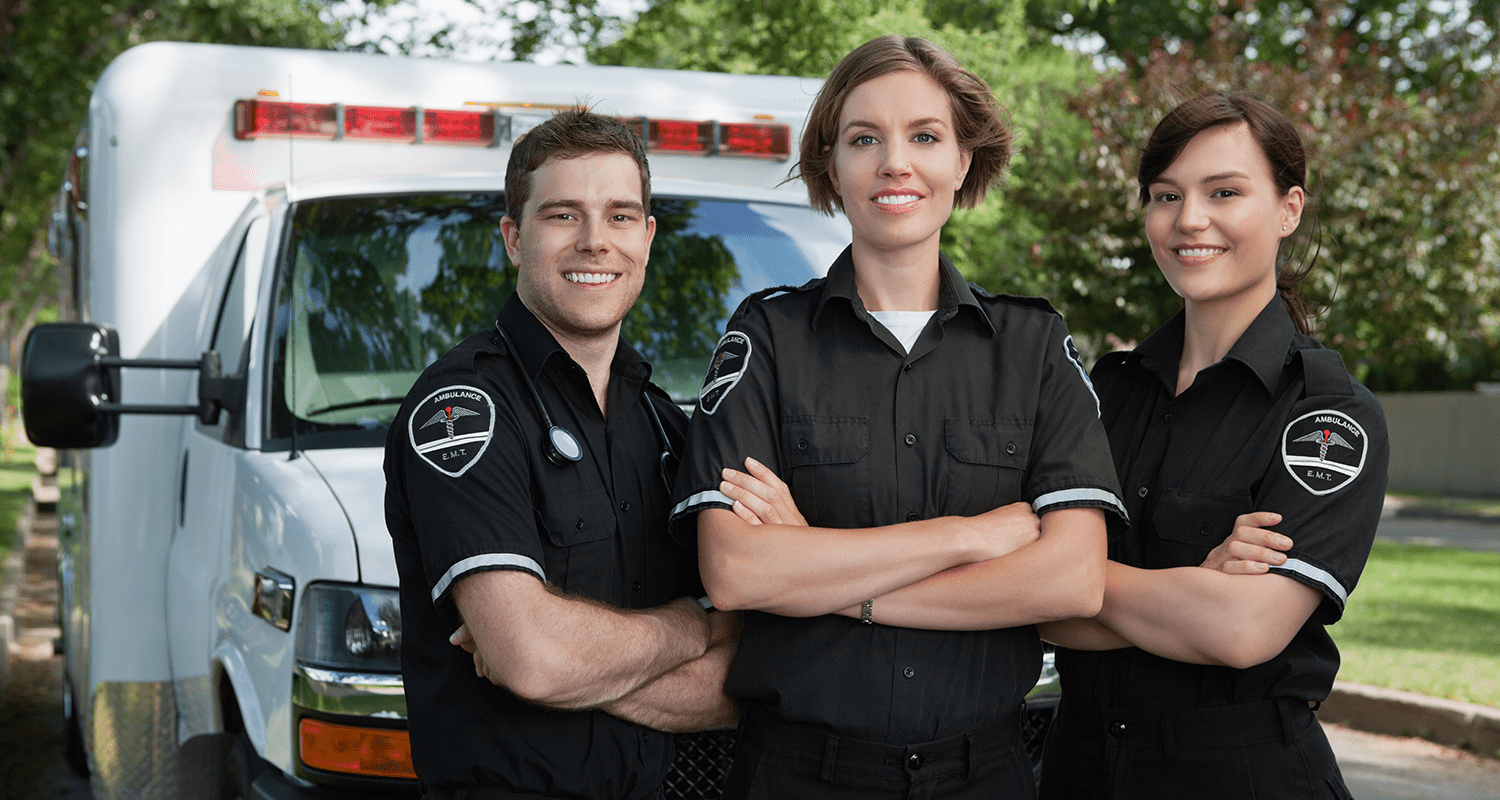
Questions You Should Ask Medical Vendors
At first glance, it might seem easy to contract a medical vendor for event health services – there are always standby medic groups in every city! However, it’s important to take a deeper look at your event and how to best mitigate risk. What starts out as a request for one standby EMT often turns into a larger reflection on how to ensure the safety and security of your guests. To help event professionals navigate this process, we have compiled a list of questions to ask when looking for onsite medical care vendors.
Does your staff have experience with the type of guests at my event?
Medical staff at a tech conference might need to focus more on the effects of intoxication, spreading of infections and use of illegal substances. A religious convention’s guests tend to skew older and blood pressure, mobility and diabetic concerns are common. An adventurous, outdoor President’s Club trip has a higher risk for injuries, food-borne illness, jet-lag and motor vehicle accidents.
Age, industry, distance traveled, event type and location all contribute to how medical teams should be prepared to anticipate and respond to incidents Be sure to inform potential vendors about your event demographic and locations to help you choose a medical team who is experienced and best equipped to handle your needs.
Are you familiar with our venue?
Just like any other vendor, it’s a great idea to invite the medical team for a walkthrough of your spaces and an understanding of your event schedule. This helps identify risks and prepare the team to respond quickly in the event of an emergency, especially if they aren’t familiar with your location. They can also help point out things like where emergency transport can pull up, where AEDs are located, or what areas can be blocked off for privacy or emergency response.
Who oversees your medical team?
In addition to being licensed and insured, ask about the vendor about people responsible for operations, medical direction and staffing. Look for a Medical Director and leaders with relevant field experience such as emergency or internal medicine, which helps ensure the proper standard of care and safety.
What should we expect from your services?
Some events want a proactive medical team that walks the floor, interacts with guests and seeks to identify issues. Others prefer stationary care that guests approach in a designated room. Regardless of your preferences, you should expect staff who are prepared and competent, but also excel in customer-facing interactions. This is imperative for events as the medical vendor is a reflection of you and your client. Communicate your needs and learn the pros and cons of different service options when making a decision.
What is everyone’s role in an emergency?
This is a vital, but often overlooked point. Medical teams have their own protocols for emergencies but how do they fit in with your event plans? Does your team have emergency procedures, and are they separate from the venue’s? If a large issue were to occur, how would everyone communicate and collaborate to handle the situation? Even a single injury can cause disruption. Scenario planning is a joint effort and you can never be too prepared. Having the medical team part of your incident command communications plan is crucial. The best medical teams will work seamlessly with your event group for safety and security.
What role do you play in the planning process?
Some event medical groups provide guidance or consulting services. This can range from full-scale event risk mitigation plans to guidance on where the medical room should be located. Find out what you and your client are looking for. Do you have internal security and expert medical guidance at your organization, or is this something you may need?
What are your recommendations for our event?
Event medical teams have the unique ability to understand risks others may not recognize. By describing your event in detail, the medical team may have suggestions for location and staging, staffing, traffic patterns, level of care and more. Consider where you can reduce risk or where you may need additional resources.
Who are your clients?
Some medical groups do their best work at concerts, festivals or film sets. Others are better suited to conferences, VIP teams, or athletic events. Ask about their client history to see if your needs align with work performed in the past, and if they are willing to share references to help you make the right decision.



